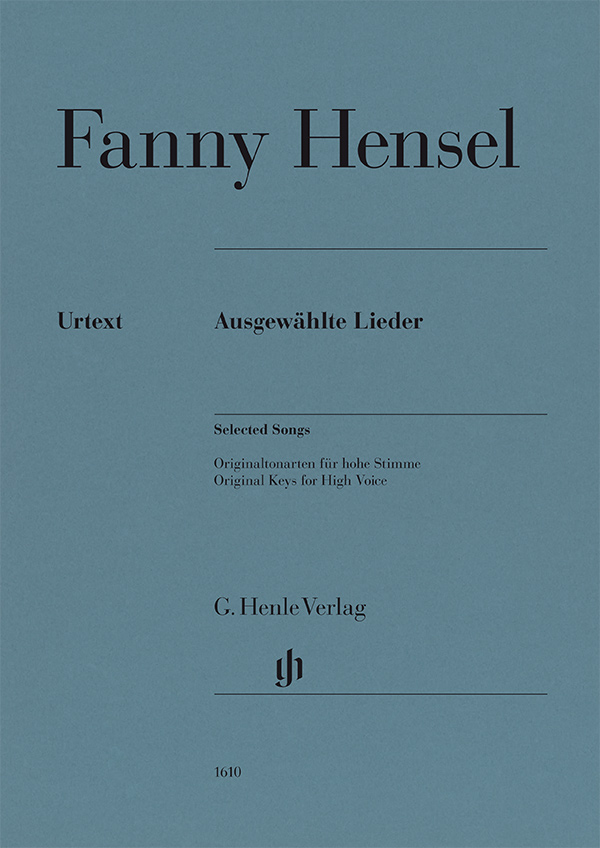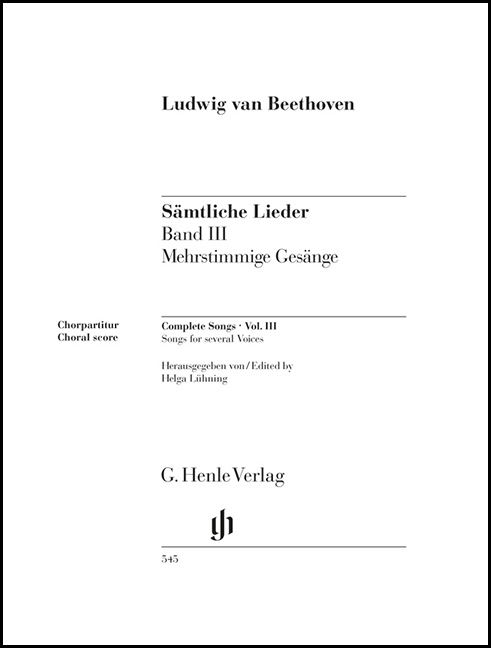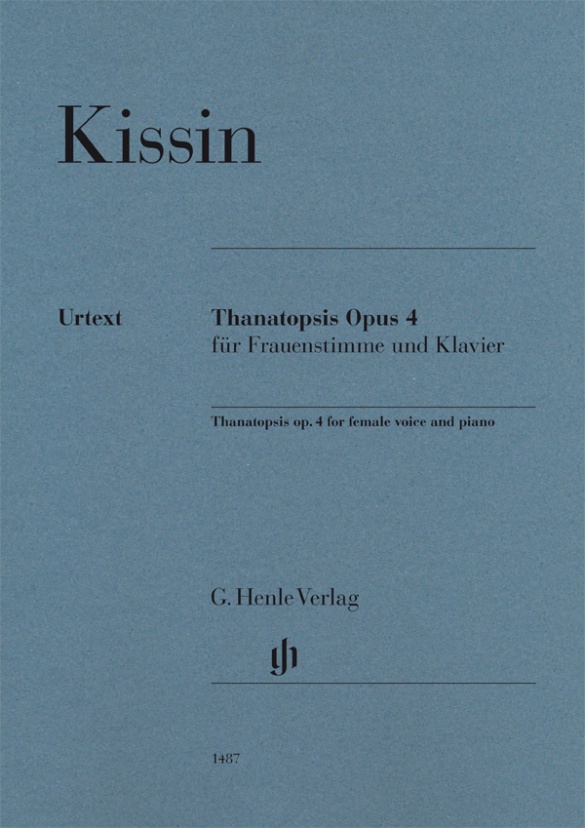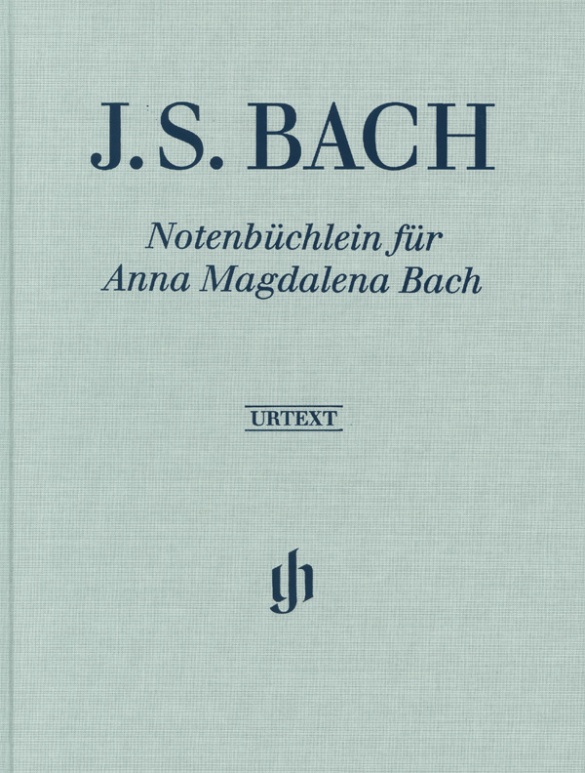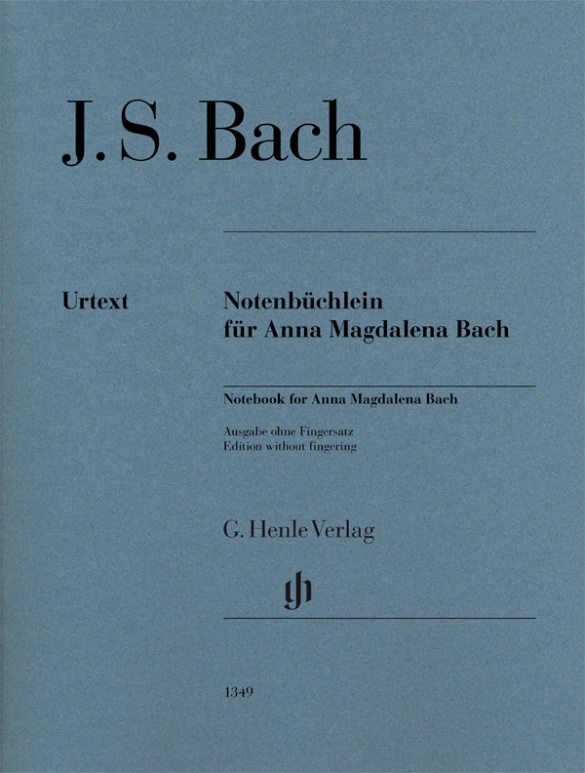Fanny Hensel
Selected Songs
In Fanny Hensel’s oeuvre, which encompasses more than 450 works, songs play a central role. They form the largest group of works and occupied her throughout her life as a composer: from the fourteen-year-old’s first entry in a composite manuscript to her last work, written one day before her sudden death in May 1847. Together with the renowned lied singer Juliane Banse, G. Henle Publishers has selected 24 songs. Alongside op. 1 and 7, which were published during Hensel’s lifetime with such well-known songs as Gondellied and Warum sind denn die Rosen so blass?, our selection also includes rarely heard works and songs from all creative phases that have hitherto not appeared in print. In addition to autographs, the Urtext edition also consulted contemporary copies and first editions. The edition enjoyed the scholarly support of American Hensel specialist Stephen Rodgers, who also contributed the preface to the edition.
Content/Details
About the Composer
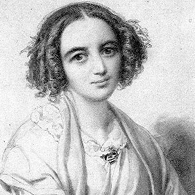
Fanny Hensel
This composer and pianist left behind a substantial oeuvre of around 460 compositions, predominantly songs and compositions for piano as well as several works of chamber music, choral music, cantatas, and an overture. Within the private milieu of the salons held in her parents’ home, she performed (and conducted) her compositions herself; they are in no way inferior to those of her brother Felix Mendelssohn Bartholdy.
| 1805 | Born in Hamburg on November 14, the eldest child of the banker Abraham Mendelssohn. |
| 1811 | Moves to Berlin. |
| 1816 | The children are baptized in the Evangelical Reformed church. Piano instruction from Marie Bigot during a stay in Paris, from Ludwig Berger in Berlin. |
| 1819 | Lessons in composition from Carl Friedrich Zelter, together with Felix; composition of songs. |
| 1820 | Joins the Sing-Akademie, led by Zelter, along with Felix and their younger sister Rebecka. |
| 1821 | First, partly public Sunday concerts take place in the Mendelssohn household. Fanny performs as pianist, later as conductor and composer. From 1831 she assumes leadership of them. |
| from 1825 | Anonymous publication of her own compositions; the songs “Das Heimweh” (1824), “Italien” (1825), and “Suleika and Hatem” (1825) are published in the volumes of her brother’s Op. 8 (1827), “Sehnsucht” (1827), “Verlust” (1828), and “Die Nonne” (1822) in that of his Op. 9 (1830). |
| 1829 | She marries the Royal Prussian court painter Wilhelm Hensel. |
| 1830 | Birth of their only son, Sebastian Ludwig Felix. Cantatas: “Lobgesang” (dedicated to her son), “Hiob” (“Job”) and “Choleramusik” (1831), “Zum Fest der heiligen Cäcilia” (1833). |
| 1831/32 | Concert aria, “Hero und Leander.” |
| 1838 | Offering of the Piano Concerto No. 1 by Felix, her only known public performance. |
| 1841 | Piano cycle “Das Jahr” (“The Year”) with pictures by her husband. |
| 1843 | Piano Sonata in G minor, which engages with Beethoven’s works. |
| 1846 | Publication of the “Six Songs for Solo Voice and Piano,” Op. 1, as the first songs published under her own name. “Four Songs for the Piano,” Op. 2, Op. 6 (1847), Op. 8 (1850), counterpart to Felix’s Songs Without Words, with bolder harmonies and greater in scale. |
| 1847 | Death in Berlin on May 14 from a stroke during rehearsals for a Sunday concert. |
About the Authors
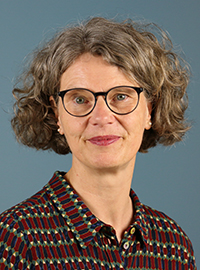
Annette Oppermann (Editor)
Dr. Annette Oppermann, born in 1965, trained as a music dealer in Frankfurt am Main and studied historical and systematic musicology as well as modern German literature at Hamburg University.
From 1993 to 1996 she worked as an editor for Sony Classical International in Hamburg; from 1996 to 1999 she was a doctoral candidate in the postgraduate programme Textkritik at the Ludwig-Maximilians-Universität in Munich, in January 2000 she earned her doctorate with a dissertation on “Musikalische Klassikerausgaben” (Hans-Joachim Marx, Hamburg). From 2000 to 2008 she worked as a research associate at the Joseph Haydn-Institut in Cologne, and was editor of the Oratorio “Die Schöpfung” in the Complete Edition of Joseph Haydn’s Works. Since February 2008 she has been an editor at G. Henle Publishers in Munich, with a particular focus on vocal music, chamber music and books.
Product Safety Informations (GPSR)

G. Henle Verlag
Here you can find the information about the manufacturer of the product.G. Henle Verlag e.K.
Forstenrieder Allee 122
81476 München
Germany
info@henle.de
www.henle.com
recommendations
autogenerated_cross_selling
Further editions of this title
Further editions of this title


